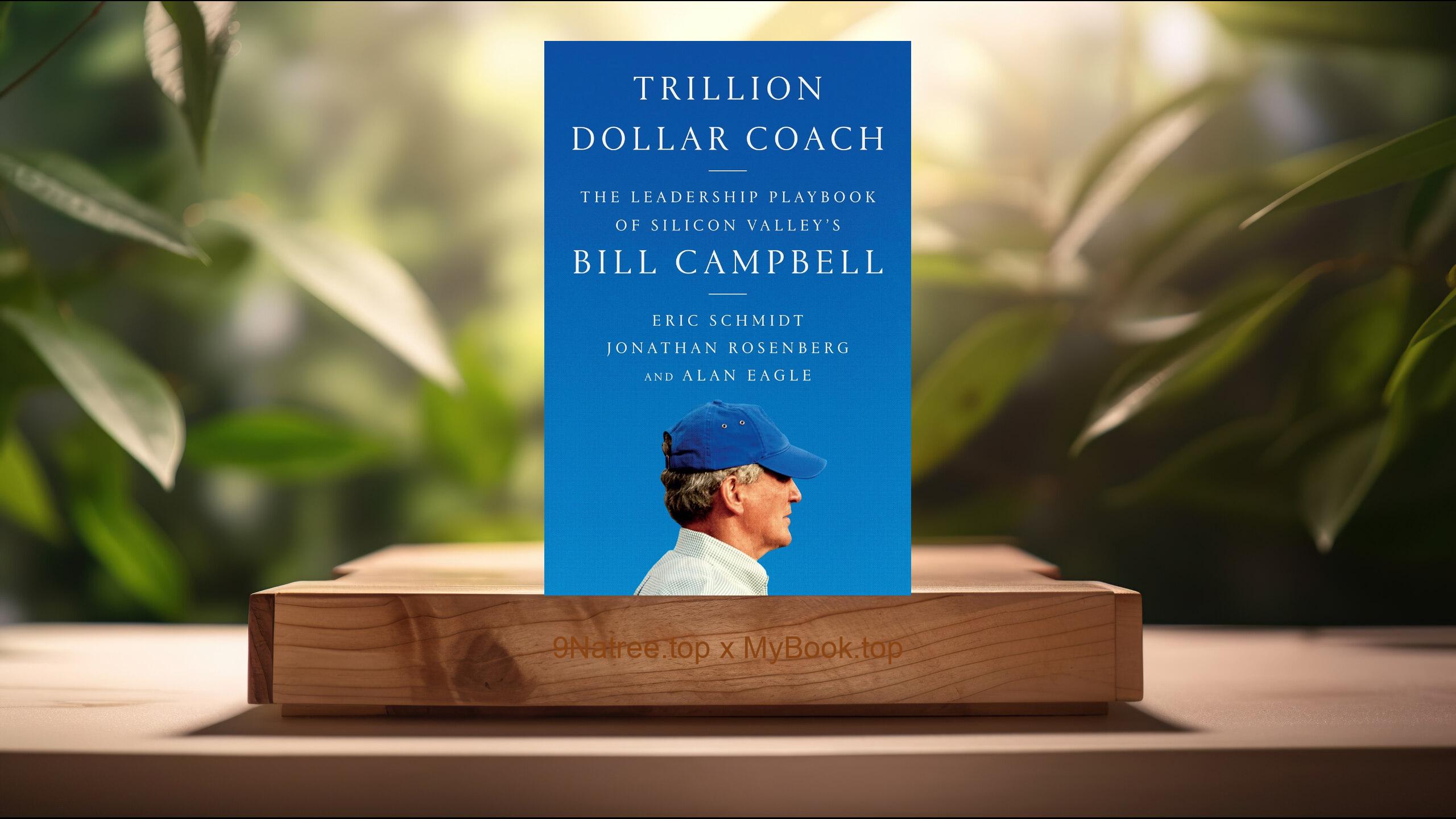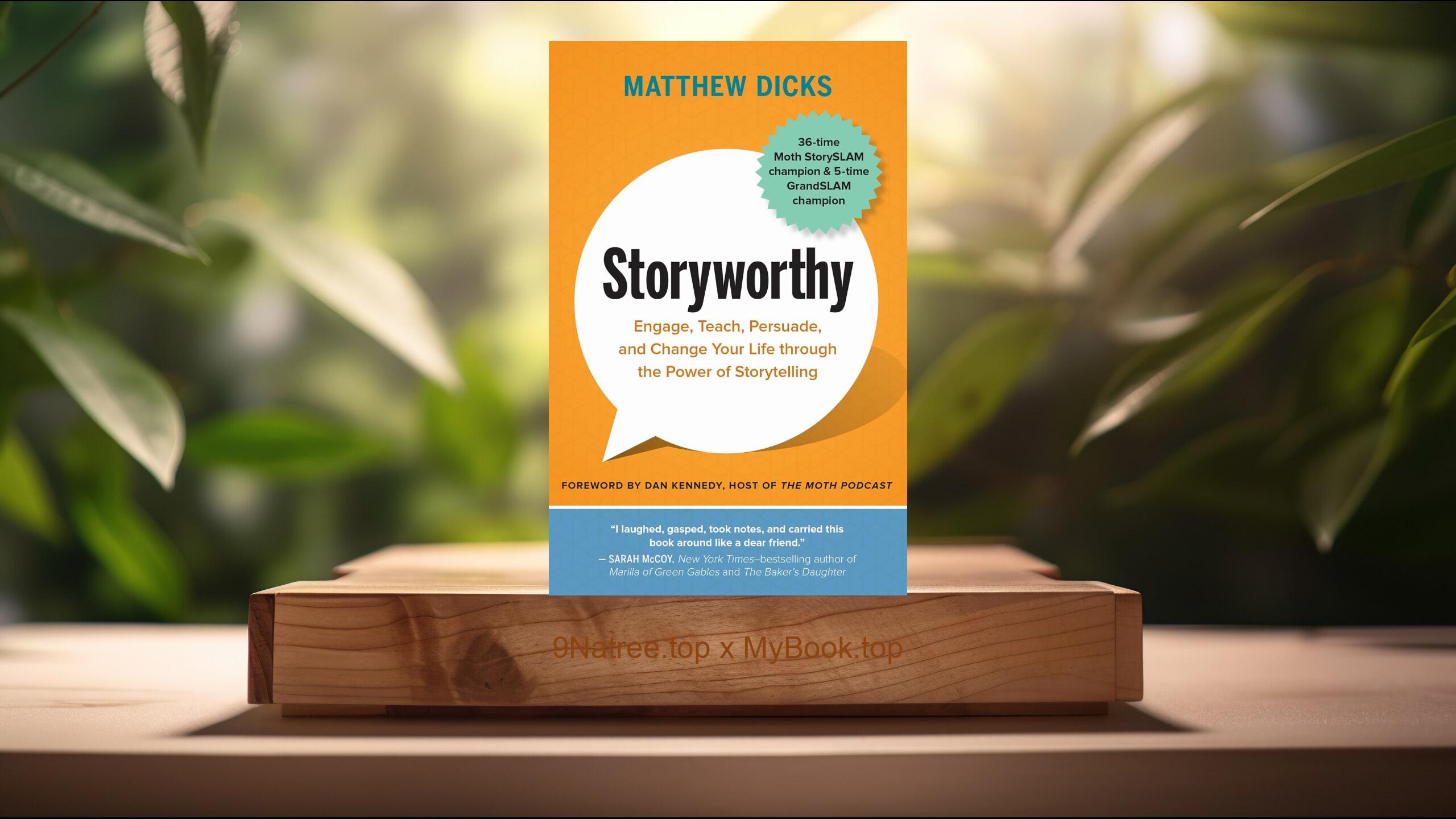Show Notes
- Amazon USA Store: https://www.amazon.com/dp/B00BBPWBAK?tag=9natree-20
- Amazon Worldwide Store: https://global.buys.trade/To-Have-or-To-Be-Erich-Fromm.html
- Apple Books: https://books.apple.com/us/audiobook/to-have-or-to-be/id1588125076?itsct=books_box_link&itscg=30200&ls=1&at=1001l3bAw&ct=9natree
- eBay: https://www.ebay.com/sch/i.html?_nkw=To+Have+or+To+Be+Erich+Fromm+&mkcid=1&mkrid=711-53200-19255-0&siteid=0&campid=5339060787&customid=9natree&toolid=10001&mkevt=1
- Read more: https://mybook.top/read/B00BBPWBAK/
#ErichFromm #BeingversusHaving #Existentialpsychology #Materialismcritique #Authenticselfexpression #ToHaveorToBe
These are takeaways from this book.
Firstly, Having versus Being Modes of Existence, One of the main arguments Fromm presents in this book is distinguishing clearly between two central modes of human existence: having and being. He describes the having mode as rooted in materialism, excessive consumption, and personal accumulation of goods, wealth, social status, and external validation. This mode creates a constant sense of inadequacy and frustration because, fundamentally, true satisfaction cannot emanate simply from acquiring products or possessions. People caught in a having mode typically operate from insecurity, anxiety, and competition, believing their worth to be directly related to what they possess. The being mode, on the other hand, prioritizes self-awareness, personal growth, intellectual and spiritual elevation, emotional intelligence, and deep interpersonal relationships. Individuals in this mode see life in terms of experience and internal values, meaning their sense of fulfillment and serenity derives from what they actually are, not what they have. Fromm extensively critiques the limitations and harms of a having-based culture, linking it directly to psychological disorders, prolonged stress, and emotional dissatisfaction prevalent in contemporary societies. He contrasts this by advocating for a being-oriented approach, which cultivates mental stability, self-contentment, and authentic fulfillment.
Secondly, Psychological Implications of the Having Mentality, Erich Fromm provides profound insight into the psychological implications of adopting a having mentality. He argues that the modern crisis in personal mental health issues, such as depression, anxiety, and feelings of worthlessness, can significantly originate from our obsession with having and ownership. Individuals who prioritize acquiring and possessing material goods often experience internal emptiness, lack true connections with others, and struggle to build lasting, meaningful relationships. This attachment to material wealth serves as a coping mechanism but inadequately fulfills deeper emotional and psychological needs. The incessant pursuit of things, wealth, and productivity breeds addictive tendencies and compulsive behaviors as a result of chronic dissatisfaction. Fromm delineates the ways in which the having orientation becomes inherently damaging to personal wellbeing, eroding one's ability to find genuine self-identity and experience real happiness and inner peace. He advocates for awareness, consciousness-raising, and deeper self-reflection as critical means of shifting perspectives, thus safeguarding mental and emotional resilience over the long term.
Thirdly, Impact on Human and Ecological Relationships, Another key topic addressed in Fromm's analysis is the detrimental effect the having mentality has on interpersonal relationships and the natural environment. Fromm points out that individuals oriented towards possession and gaining more often view relationships transactionally, wherein other people are valued based on their utility or what they offer materially or socially. This tendency leads to superficial, transient relationships lacking genuine love, compassion, trust, and emotional depth. Parallelly, Fromm addresses the ecological damage stemming from relentless consumerism and materialistic greed. The drive towards endless production and consumption inevitably leads to environmental degradation, unsustainable extraction of natural resources, and global ecological imbalance. This exploitative approach disconnects people from nature, resulting in psychological alienation and ecological ignorance. Fromm highlights the necessity of fostering a being mode of relationship-building—grounded in emotional intelligence, empathy, and deeper connection—and promoting mindful consumption that recognizes our role and responsibility towards protecting and preserving the natural environment.
Fourthly, Self-Actualization and the Being Orientation, Fromm dedicates significant attention to the concept of self-actualization within the context of the being mode. He aligns closely with thinkers such as Abraham Maslow by highlighting self-actualization as an internal topmost priority, achievable primarily when individuals operate from a being-oriented perspective. Rather than being defined merely by educational, social, and economic accomplishments, true self-actualization arises from personal growth, creativity, self-expression, and authentic relationships. Fromm underscores the importance of introspection, reflection, creativity, and inner wisdom as core elements of achieving personal authenticity and self-actualization. The being mode encompasses mindfulness, meaningful engagement with life activities, and emotional depth, making it distinctly suitable for fostering emotional maturity and personal integrity. By advocating for a shift toward being-oriented attitudes, Fromm provides a clear pathway toward discovering authentic selfhood and emotional-spiritual fulfillment, enabling people to exist harmoniously with themselves, others, and the environment.
Lastly, Societal Transformation and Practical Change, While investigating deeply philosophical and psychological paradigms, Fromm does not limit himself purely to diagnosis. Instead, he proposes practical steps and specific strategies for individual and collective transformation. He calls for systematic alterations within educational, economic, cultural, and social institutions, pivoting away from valuing material success as the primary measure of human worth and embracing humanist ethics and the deeper values of wisdom, kindness, creativity, solidarity, and empathy. Practically, Fromm suggests that society's goals be reshaped from maximizing accumulation to enhancing meaningful human functions and experiences like satisfaction, real community, and sustainable environment preservation. He emphasizes decentralization of power, encouragement of critical thinking, and enhancement of active participation in community and democracy as paths of societal education. At the individual level, Fromm argues for reflection, awareness, and practical changes—developing mindfulness, emotional intelligence, and prioritization of personal fulfillment through creativity, spirituality, and relationships—in pursuit of actual cultural transformation towards healthier societal behavior.
![[Review] To Have or To Be? (Erich Fromm) Summarized](https://episodes.castos.com/660078c6833215-59505987/images/1994479/c1a-085k3-qdw5v473inoq-ph4xcg.jpg)




